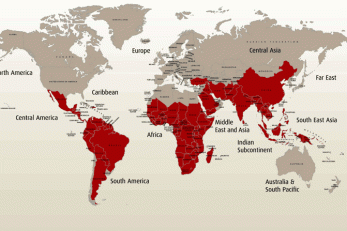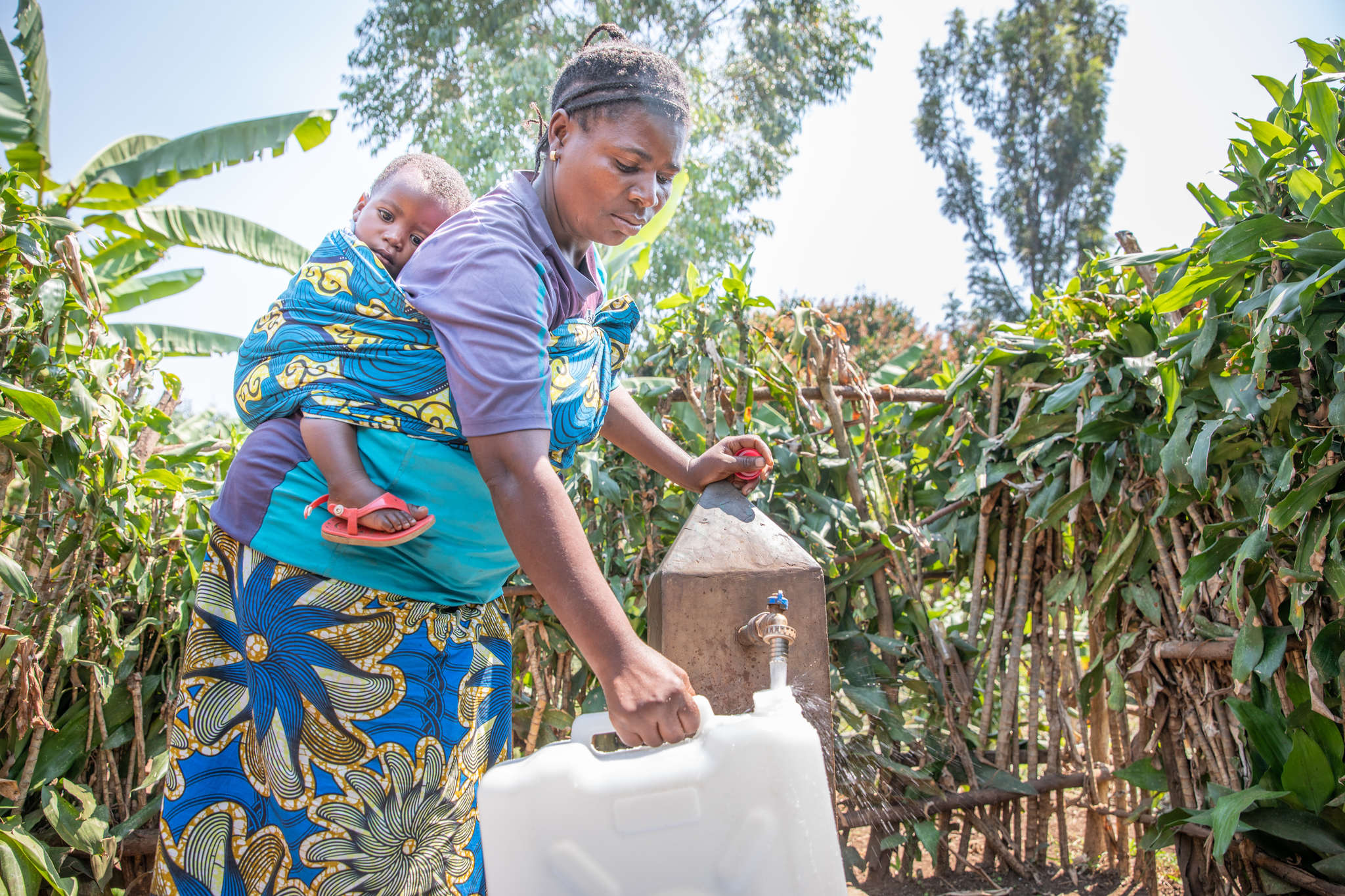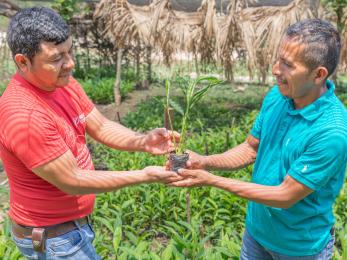Thoughts on World Malaria Day

Today is World Malaria Day. The first time I heard about malaria was from my grandmother, who endured the disease as a little girl in Arkansas during the early part of last century.
I must have been about six or seven years old and living in Kansas when she told me, but I can't quite remember the circumstances of our talk. I think maybe I'd come in from playing outside with little arms and legs all bug-bitten, and she thought it was about time for a cautionary tale. I've never forgotten that talk.
It might strike many, if not most, of you as odd that malaria was around in the United States that recently — but the fact is it's only been gone for the last 50 years or so. In the 1930s, malaria affected 30 percent of people in the American South, the country's poorest region. The CDC — then called the Communicable Disease Center — was initially founded to fight malaria. Finally, after an effort that involved 13 U.S. states, thousands of workers and millions of dollars, malaria was eradicated in this country.
The rest of the world isn't as fortunate:
- Malaria is still endemic in 106 nations — 54 percent of the world's countries.
- About 3.3 billion people are at risk. That's nearly half the world's population.
- There are more than 250 million cases of malaria every year, and almost one million deaths.
- Every 45 seconds, a child dies from malaria.
And there's one big reason for these huge numbers: poverty. Perhaps more than any other disease, malaria stays in the developing world and continues to spread because of poverty. It keeps on infecting and weakening people because of poor sanitation, poor health practices, poor environmental practices and poor housing.
Not everyone who comes down with malaria perishes: there are millions who live with malaria on a daily basis, walking around with the yellowy and bloodshot eyes that are one of the disease's surest symptoms. It weakens the body and makes it nearly impossible to work, so families lose income and fall deeper into poverty. Malaria ravages the body and is often accompanied by dehydration and malnutrition, making those who have it more susceptible to other diseases and illnesses.
These impoverished villages and urban slums, where there's an audible hum of malarial mosquitoes at night, are the kinds of places where Mercy Corps works. I've met with dozens, if not hundreds of people who were malaria-stricken. And — in many of these places where malaria holds sway — Mercy Corps is improving sanitation, providing clean water, teaching awareness and strengthening health care so that lives will be saved.
It's an awful problem with simple solutions: clean up stagnant water. Ensure proper sanitation. Put screens on houses. Use mosquito netting. But those things — however practical, however lifesaving — are often out of reach for families who struggle to put food on their tables. And so that's why we all must pitch in to stop this epidemic.
About 75 years after my grandmother got malaria, I was infected while serving as a Peace Corps Volunteer in Togo. I'll never forget the fever, the chills, the body aches and the lapses in and out of consciousness. I took the prescribed cure — three tablets of a drug called Fansidar — and was too weak to move for the better part of a week. My Togolese neighbors brought me food and water. They took turns sitting with me to make sure I was all right. After all, most of them had been in that situation before.
But, unlike many of those neighbors — some of whom I went to visit in the hospital when they or their children had malaria — I had easy access to the cure. And I had the chance to return to a malaria-free country.
Today, I'm thinking about them. The hundreds of others I've met during my travels for Mercy Corps. My grandmother, who's been gone these last 15 years. And I'm hoping that one day, all that's left of malaria will be stories passed down from one generation to the next.


